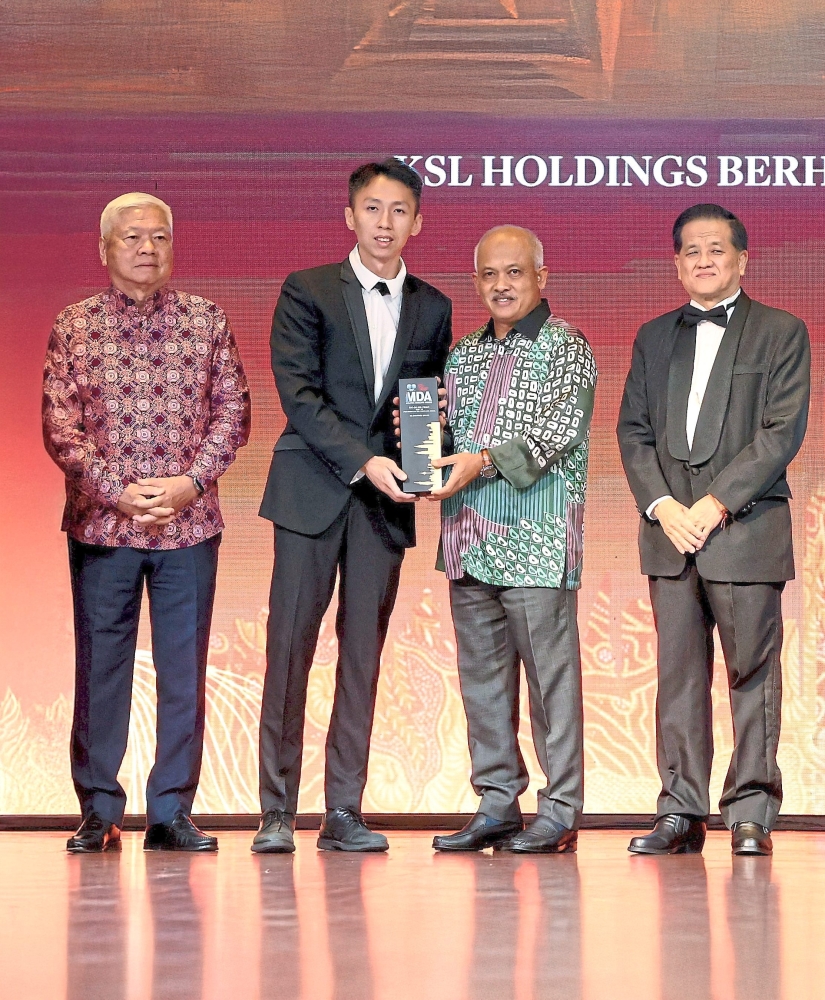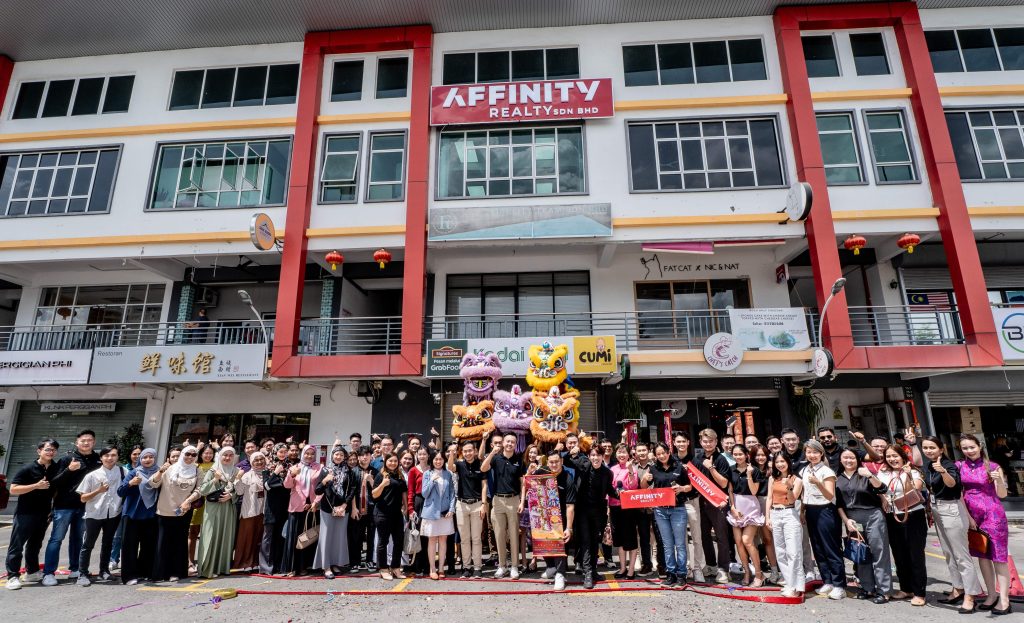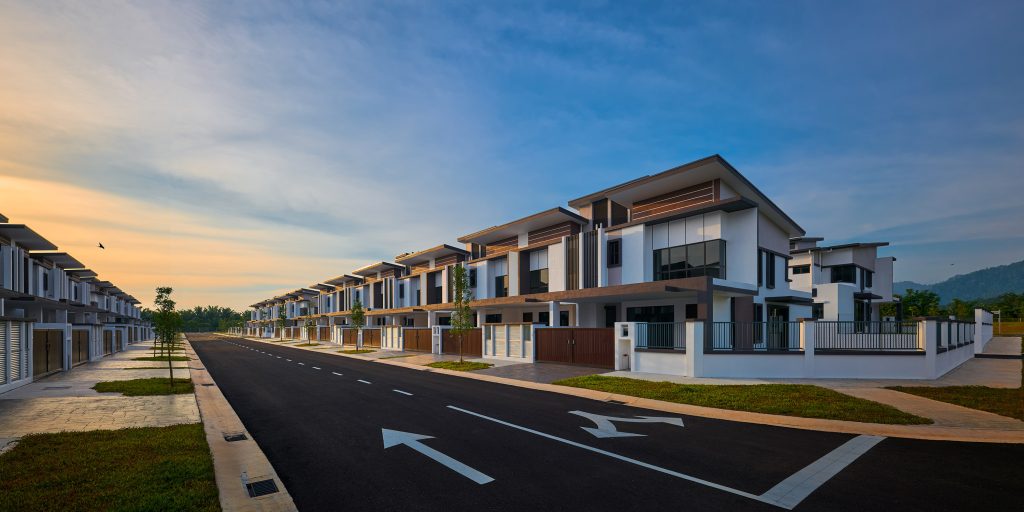More costs expected ahead of mandatory CLQ provision as developers hope for assistance to make transition
By: Yip Wai Fong
Bracing themselves for the impending requirement to provide Centralised Labour Quarters (CLQ) for their workers, developers hope that they will be provided with tax incentives for them to transit through the disruption that would be caused initially.
A CLQ will fulfil the minimum standards for workers’ accommodation and ensure that health and safety measures are put in place, as required by the Workers’ Minimum Standards of Housing and Amenities Act (Act 446). But it also fixes the workers at a particular settlement throughout their employment. This reduces the employer’s flexibility to move them to where they are needed, something which the property sector practices in accordance with the project’s scope and duration.
Hurdles in implementation
At the StarProperty Budget 2024 Roundtable discussion, developers shared that if workers are required to stay at a CLQ, the employers will be spending higher cost to transport workers in batches to different sites every day, as opposed to the current practice of having them stay at the respective construction sites for the duration of the project.
Matrix Concepts Holdings Bhd group managing director Ho Kong Soon said that the requirement will be more difficult for developers of landed houses because such projects are usually smaller in scope and can be completed faster.
Gamuda Land chief operating officer Wong Siew Lee said that while a township developer is better able to comply with the CLQ requirement, as a township could take up to 15 years to complete, the developer will be incurring transportation costs for workers on a permanent basis where there was minimal. On the other hand, she also acknowledged the advantage of having a CLQ where the workers’ movements are better tracked. This, she pointed out, was very important in case of any movement control orders by the government such as during the Covid-19 pandemic.
Under the amendment to Act 446 gazetted in February 2021, the requirement to provide accommodations to plantation and mining sector workers in accordance with the mandated minimum standards was expanded to all other industries.
KPKT’s requirements
Not long after the amendment was gazetted, the Ministry of Housing and Local Government (KPKT) released two sets of guidelines for the planning and provision of workers’ accommodations, with details including facilities, features and furnishing requirements.
The first set pertains to short-term labour quarters, which covers accommodations erected on construction sites and other existing residential buildings or shoplots. However, the permit for this type is restricted to within three years, after which employers are to provide CLQs.
The second set is for the CLQs. Defined in the guidelines as a centralised accommodation with proper planning, safety measures and is conducive for the worker residents, it would have to be managed by the employer or an external management service provider. Subject to regulations, fee collection among the workers is allowed for the purpose of management and provision of services.
Among others, the quarters must have either a sleeping area or bedrooms that are provided with fan and lighting, a dining, kitchen and rest area with fan and lighting, a clothes hanging area, dustbins, a first aid kit and electricity and water supply. Employers are also required to provide beds and mattresses with specific measurements, pillows and blankets, and a locked cupboard of a specific size for the safe custody of the employees’ belongings. A maximum of six workers are allowed for an apartment unit with 800 sq ft, and more workers are allowed for a bigger unit.
In addition, the amendments also required employers to ensure workers are vaccinated against infectious diseases, undertake regular inspection of the quarters and ensure their proper maintenance and provide amenities to the workers.
Acknowledging their responsibility to provide workers with the necessary facilities and to ensure their health and safety, developers hoped that the government could see that an additional layer of compliance cost is forthcoming for the industry. Appropriate measures are necessary to prevent the already rising cost of property development from escalating into even more unaffordable housing.
Developers' recommendation
- Provide tax incentives for developers building Centralised Labour Quarters (CLQs) to balance the costs incurred to upgrade existing facilities as well as provide a new form of management to fully conform to Act 446. For example, the transportation of foreign workers has to be re-coordinated to transport them from a fixed centralised quarters to different construction sites, where they used to reside and shift according to employment needs.
Stay ahead of the crowd and enjoy fresh insights on real estate, property development, and lifestyle trends when you subscribe to our newsletter and follow us on social media.

















































